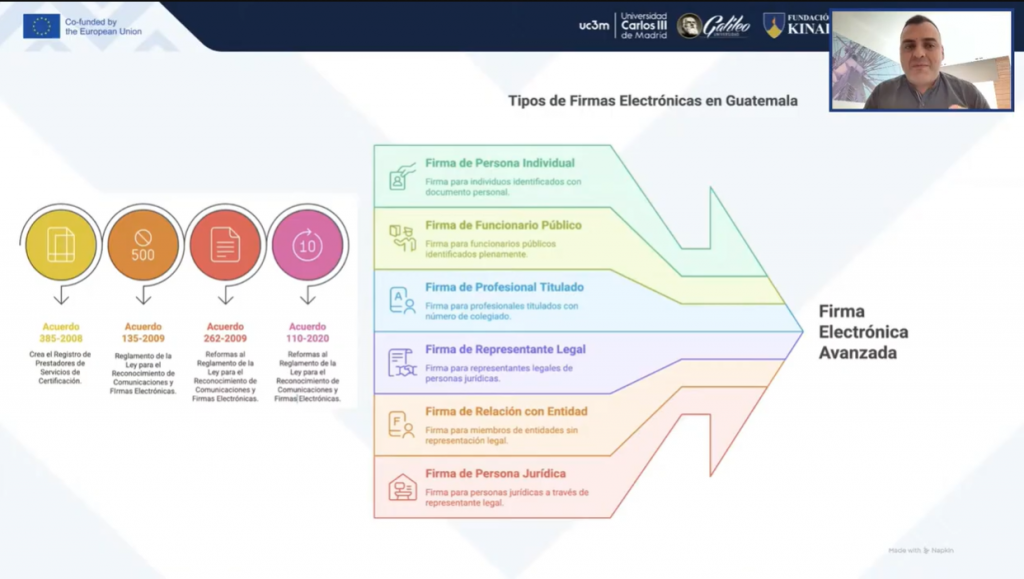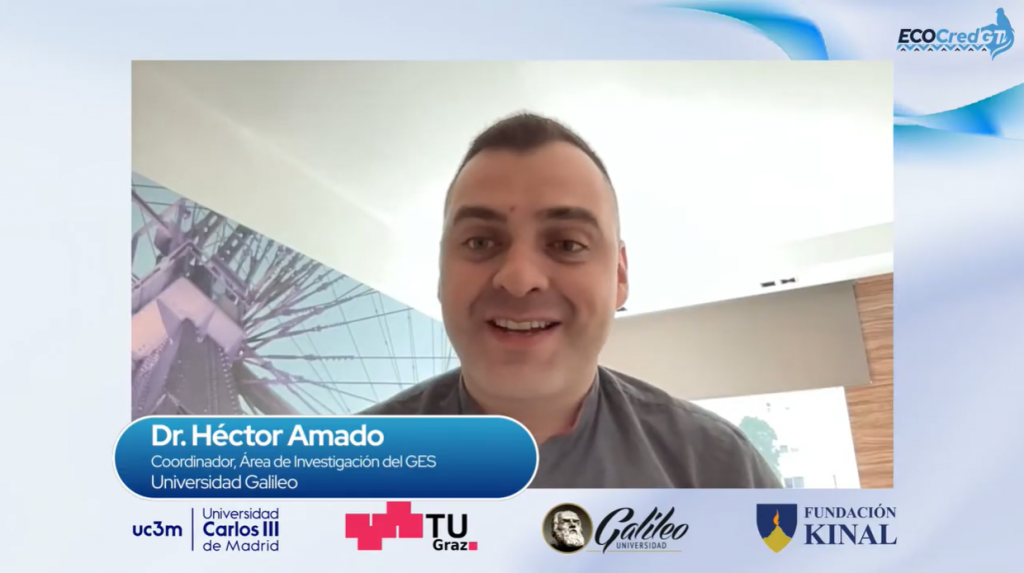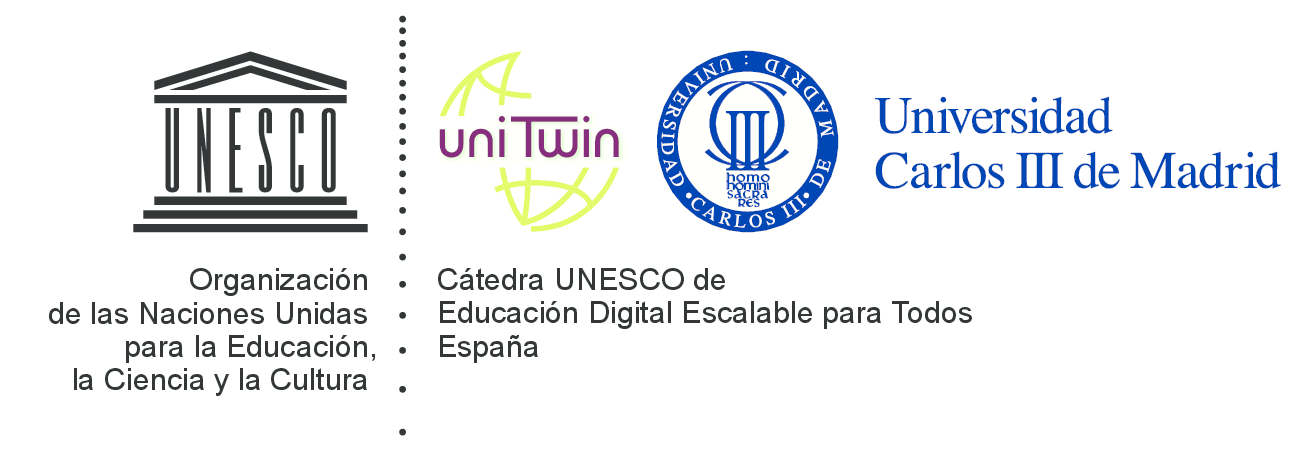On June 25, 2025, the ECOCredGT project continued the training cycle with the third meeting, entitled “Technical introduction to the initial implementation of digital credentials in education”. This webinar aimed to present a series of steps that will support and accompany the institutional adoption of digital certification systems. This event brought together a diverse audience: technicians, academics and quality managers from different parts of Latin America.
Learning by doing: from theory to the first pilot
During the event, attendees received a clear and useful guide, full of recommendations aimed at taking the first technical steps in their institutional contexts. The main points included:

Dr. Héctor Amado
- The design of minimum functional credentials: essential metadata, digital signature and trusted validation.
- Default security: use of electronic signatures and integrity protocols.
- Scalability and sustainability: how to choose between internally developed solutions or external services.
- Interoperability from design: working with open standards (such as Open Badges) that facilitate regional and international recognition.
This approach made it possible to provide concrete tools to enable institutions to confidently launch their projects, without losing sight of the technical criteria that guarantee quality and sustainability.

Universidad Galileo
The webinar was led by Dr. Héctor Amado, researcher of the GES Department at Universidad Galileo. With a background in systems engineering and experience in Erasmus+, H2020 and ALFA III projects, Dr. Amado structured his presentation in three main blocks:
- Essential technical components, with specific examples on storage and verification.
- Comparison of implementation models, anticipating pros and cons of each technological route.
- Operational recommendations, including best practices for implementing a pilot without compromising quality or interoperability.
Their interventions were supported by evidence, real cases and methodological criteria carefully selected to be reproducible in the Latin American setting.
Educational and business impact
This third webinar confirms that digital credentials are more than a technological innovation: they are a strategic opportunity to:
- Recognize formal and informal learning, making relevant competencies visible to students and professionals.
- Improve certification processes, providing traceability, transparency and trust.
- Link education and the labor market, offering concrete tools to validate skills in renewed selection processes.
With these events, the ECOCredGT project reinforces its mission to promote a more connected, inclusive education system aligned with the challenges of the 21st century.
If you were unable to join us live, access the full recording here:




